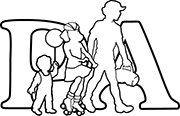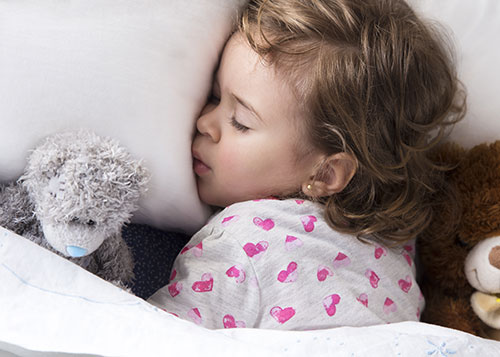Preparing for play dates, camps and family travel always reminds families about the inconvenience of bedwetting. Thankfully, bedwetting is rarely caused by a serious medical problem and almost always resolves on its own with time. It can, of course, be a cause of worry and embarrassment for children and frustration (and extra laundry!) for parents.
The major factors at play for children who still wet the bed are: family history (usually at least one parent was a bed wetter as a child), small bladder size and increased urine production at night, being a deep sleeper and constipation.
Although a few families may find restricting fluids in the evenings and waking their children up regularly during the evening and night is helpful in preventing bed wetting, usually these strategies simply frustrate parents and children alike. If your child seems motivated to work on the issue (talks about wanting to be dry, not wanting to wear pull ups, or not wanting to go on sleep overs because of bedwetting)– that is a good time to go for it!
The single best strategy for bedwetting is a bedwetting alarm. For younger kids I call this “magic underwear” that helps to sense the smallest amount of moisture in underpants and then sounds an alarm to wake the child from his/her deep sleep so s/he can go to the bathroom. After several weeks the brain is usually more “tuned in” to the bladder and your goal is accomplished.
Don’t forget no matter what your strategy that it is important to let your child know that there are lots of kids (an estimated 10-15% of eight-year old’s) who wet the bed and try praise for success rather than punishment for wetting.
If you have any questions, contact your pediatrician.
L. Paige Perriello, MD FAAP
Pediatric Associates of Charlottesville

